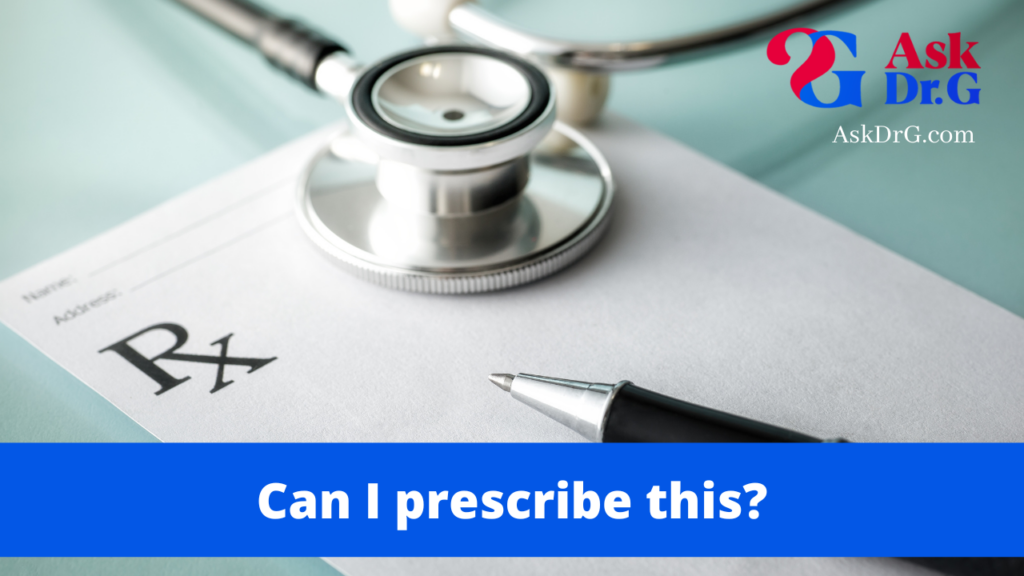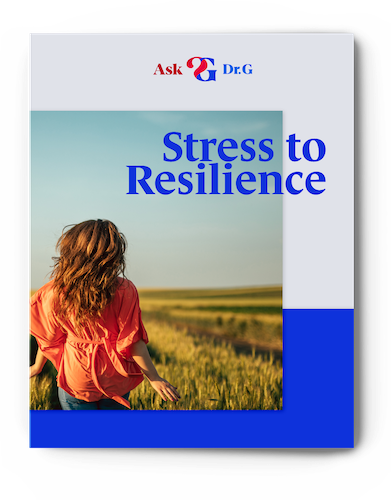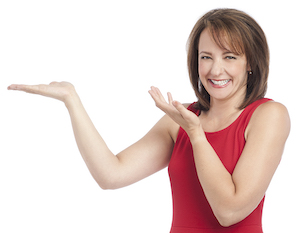Hi! prescribe
In medical school we’re taught – and rightly so – that all interventions have side effects. Xrays emit (a little) radiation. Medicines – even placebos – can cause unintended problems (ask me about the patient I had who almost choked to death on what turned out to be a sugar pill in the control arm of a research study). And then we’re reminded, just when we start to get too anxious to suggest any therapeutic actions for our patients, that not intervening also has risk. The overall lesson is that every interaction we have with a person has consequences so we better start weighing the possibilities and aim towards a good balance of “best outcome” and “least possible harm” that depends on the situation, the patient, their family, their goals and beliefs and age and and and…
(this is obviously not an advertisement for going to med school)
Everything we do and don’t do has risk. I’ve spent a lot of my medical career challenging this idea, imaging that there must be something (Therapy? Exercise? Sleep???) with no negative side effects but alas… they all have some mischief they can cause albeit unintentionally.
Except, maybe, I might have found it.
Gratitude.
Gratitude, which has been proven to lower blood pressure and heartrate, decrease depressive symptoms, lessen anxiety, decrease pain and help prevent some diseases.
By noting consciously three things you’re grateful for daily, or spending 15 minutes in conversation (with yourself or others) about gratitude, or keeping a gratitude list, you get a whole mess of positive effects.
And no side effects documented.
Gratitude is simply the effort of noticing and appreciating where you’re lucky. By taking that second step you get far more benefits than just being lucky in the first place.
I’m grateful for you, because you opened and read this (52% of you do each week – how lucky am I?). I’m grateful to raise the boys I have. I’m grateful to be 53 years old and able to walk without pain.
What luck do you want to double by noticing it?
All my best,




